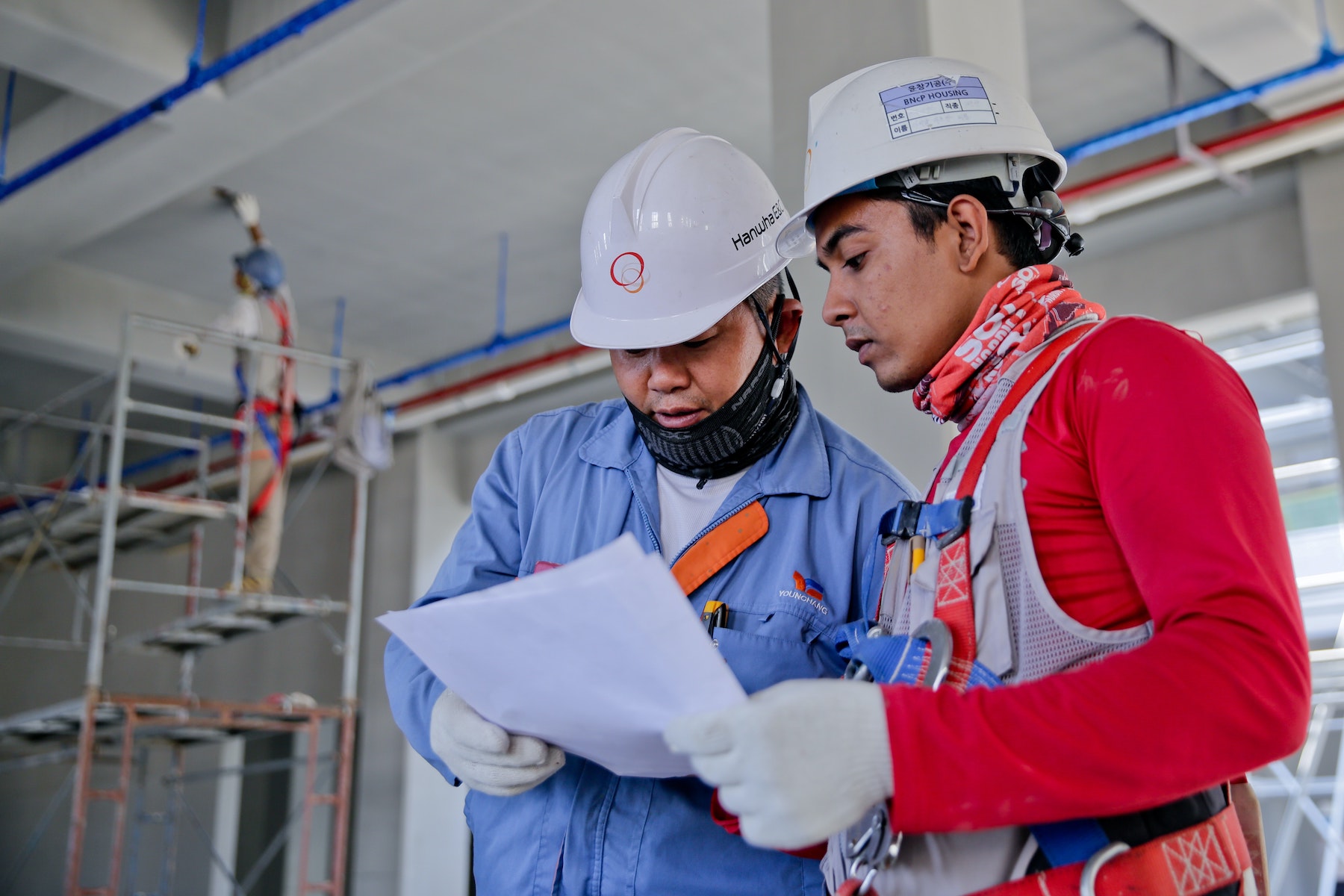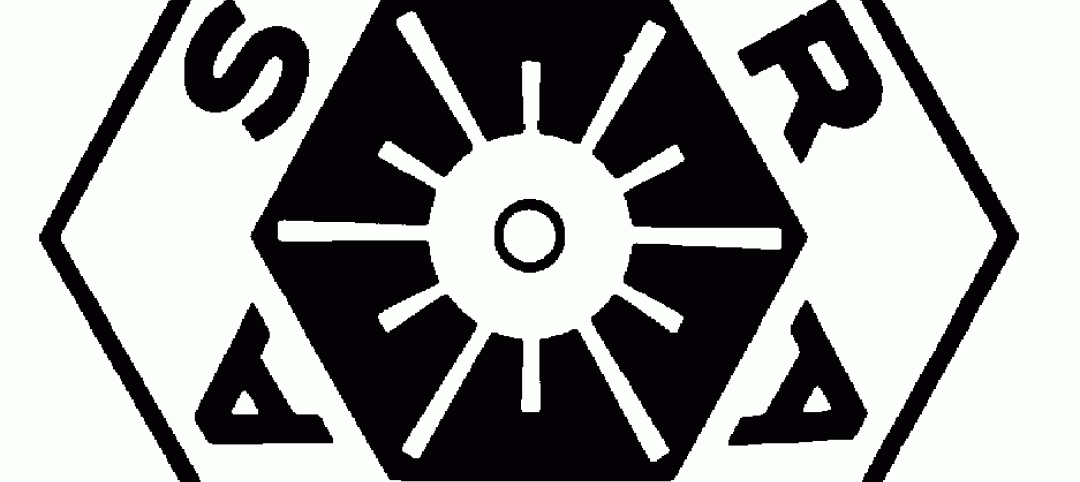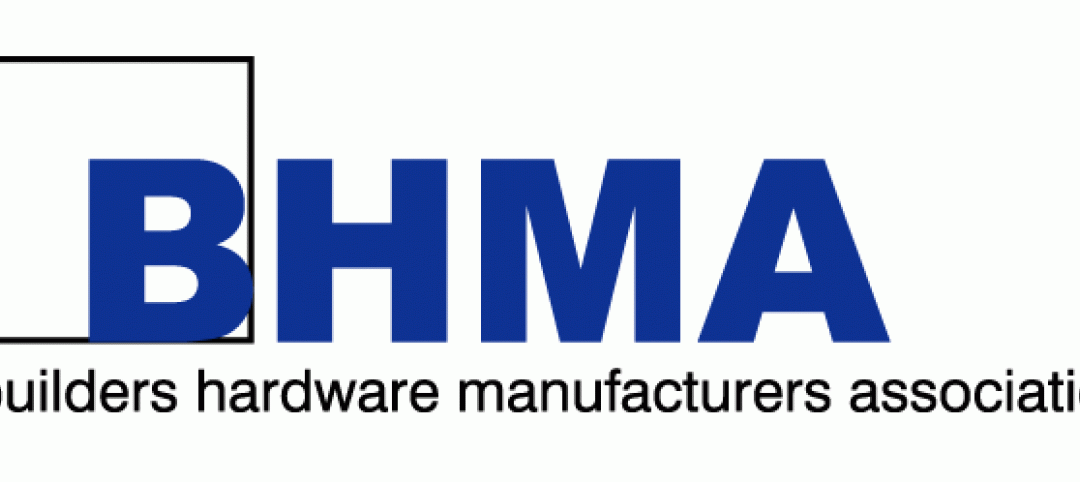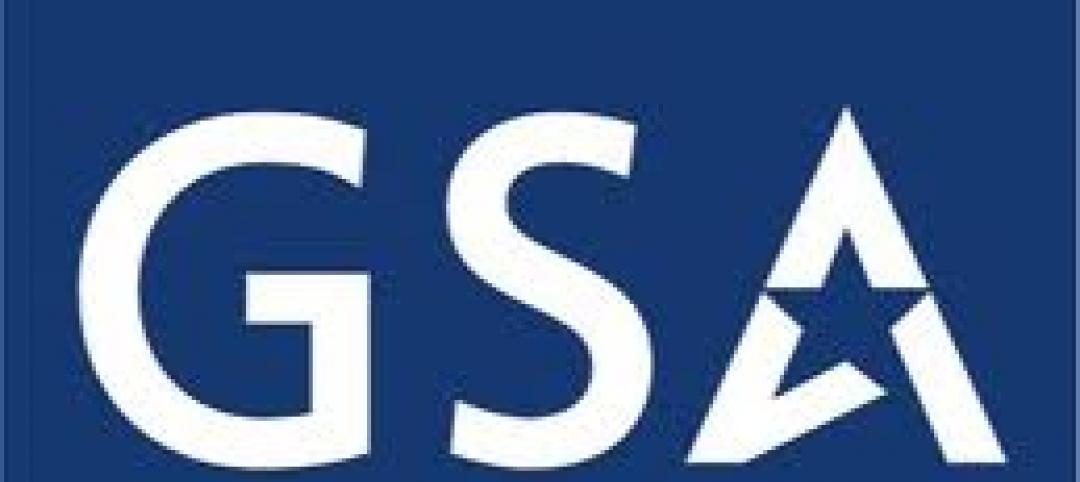Clients and architects disagree on how well building to code provides resilience, according to a recent report by the American Institute of Architects (AIA) in partnership with Owens Corning.
Resiliency in the Built Environment assesses the current state and best practices for increasing resiliency and sustainability in design and construction. Clients believe building to code is sufficient to ensure resilience, but architects disagree with that notion, the report says. It’s not surprising then, that few projects and properties are reported as being built beyond code.
The report also provides insights into how to best improve resiliency and sustainability from design through construction with input from three key audiences: architects, general contractors, and clients, including owners and developers. One key finding: “Stronger building codes and standards will drive resiliency, but so will making the business case to clients.”
The report’s areas of focus include:
- The role of building codes, clients’ expectations, and specification requirements that drive resiliency in design.
- How is resiliency reinforced through practices like material replacement strategy and resilient design strategies?
- Where are the biggest gaps in expertise about resiliency in construction, and how can they be filled?
- How do long-term and short-term incentives determine the level of resiliency for a given project?
- How is resiliency considered when selecting building products and materials?
- Which hazards and risks are most commonly taken into account in design?
The report is available for free at the AIA website.
Related Stories
| Jan 31, 2013
Proposed ASHRAE legionellosis prevention standard open for third public comment
Changes to a proposed ASHRAE legionellosis prevention standard associated with building water systems are open for public comment.
| Jan 31, 2013
More severe wind storms should prompt nationwide reexamination of building codes, says insurance expert
The increased number and severity of storms with high winds nationally should prompt a reexamination of building codes in every community, says Mory Katz, vice president, Verisk Insurance Solutions Commercial Property, Jersey City, N.J.
| Jan 31, 2013
California Building Standards Commission adopts 2013 code update
The California Building Standards Commission adopted the new 2013 state standards code that includes new energy code provisions, accessibility standards, green building and water use modifications.
| Jan 25, 2013
D.C. authority wants to halt sewer tunnel projects while investigating green stormwater alternatives
The District of Columbia Water and Sewer Authority has proposed suspending a tunnel-building project.
| Jan 25, 2013
Energy modeling needed to overcome ‘plug load problem’ to meet high green standards
Plug loads illustrate how much end-users impact overall building energy use.
| Jan 25, 2013
ASHRAE publishes revised filtration standard, combines Standard 52.1 and 52.2
A newly revised filtration standard from ASHRAE combines two standards aimed at improving the technical accuracy of filter testing.
| Jan 25, 2013
AISC 206-13 standard for structural steel erectors available for review
AISC 206-13, a quality management system standard for structural steel erectors, is now available for public review.
| Jan 25, 2013
Builders Hardware Manufacturers Assn. revises five ANSI hardware standards
The Builders Hardware Manufacturers Association (BHMA) has released five revisions to ANSI/BHMA standards recently been approved by ANSI (American National Standards Institute).
| Jan 16, 2013
Pentagon plans huge spending cuts, including construction funds, amid budget deadlock fears
Defense Secretary Leon Panetta has ordered cuts to military spending as a precaution in case the White House and Congress fail to agree to avert $52 billion in cuts to the Pentagon budget this year.
| Jan 16, 2013
GSA's Green Proving Ground program pushes energy efficiency
The General Services Administration, which manages a portfolio of almost 10,000 buildings, is using the Green Proving Ground program to test technological advances in energy efficiency.













